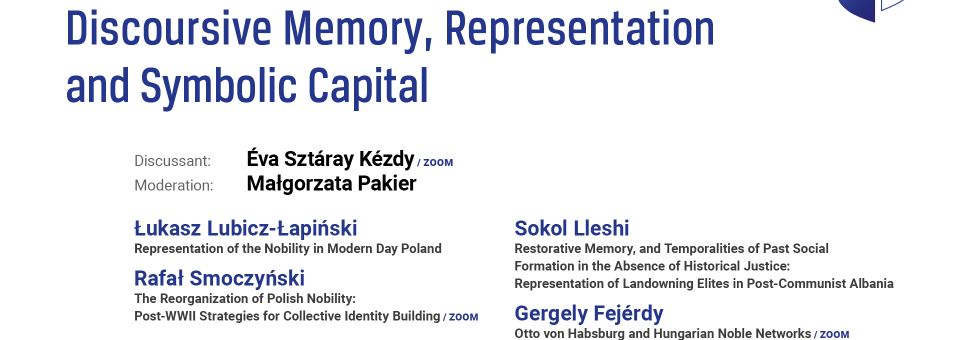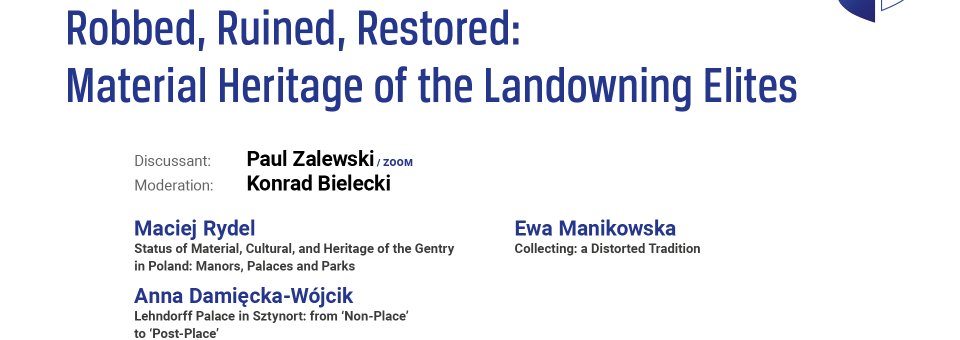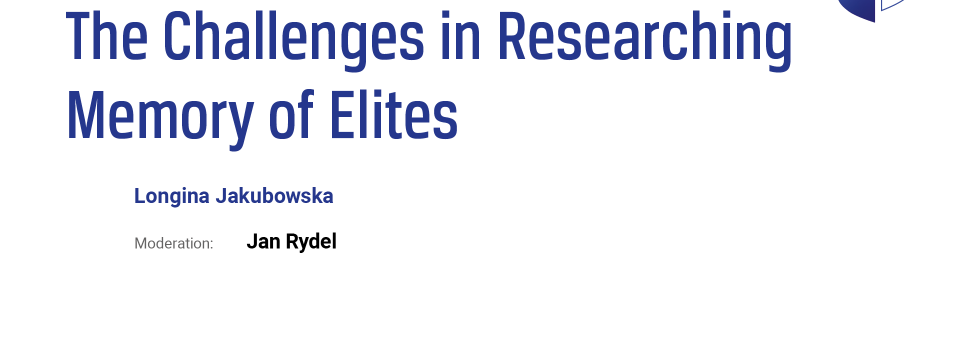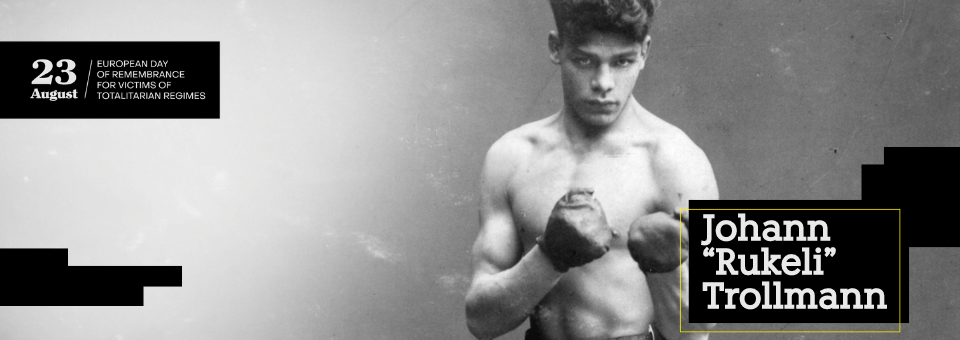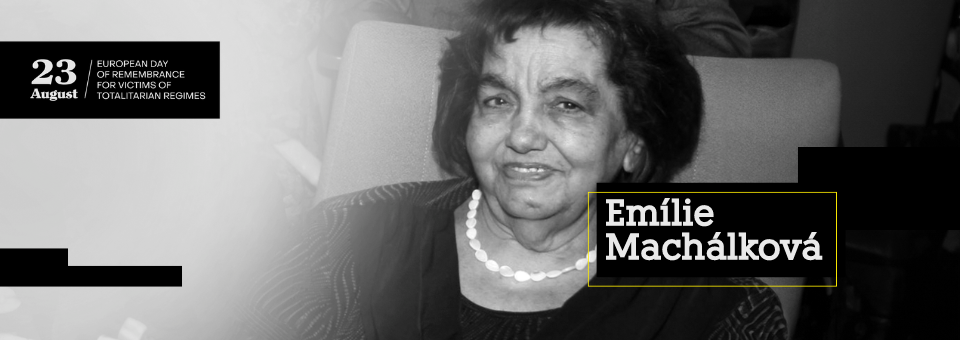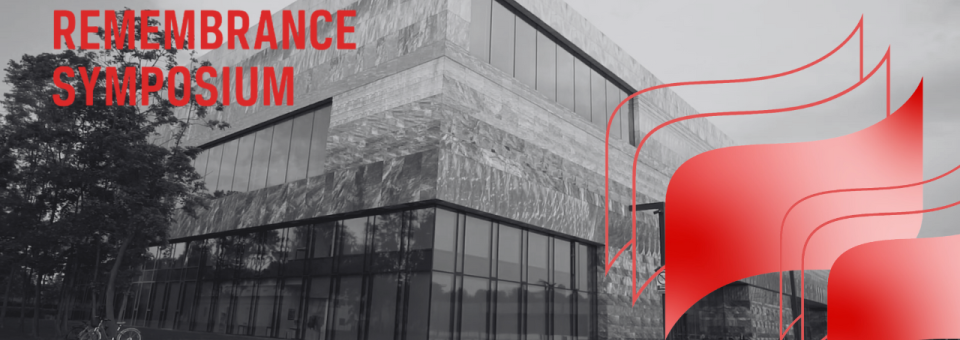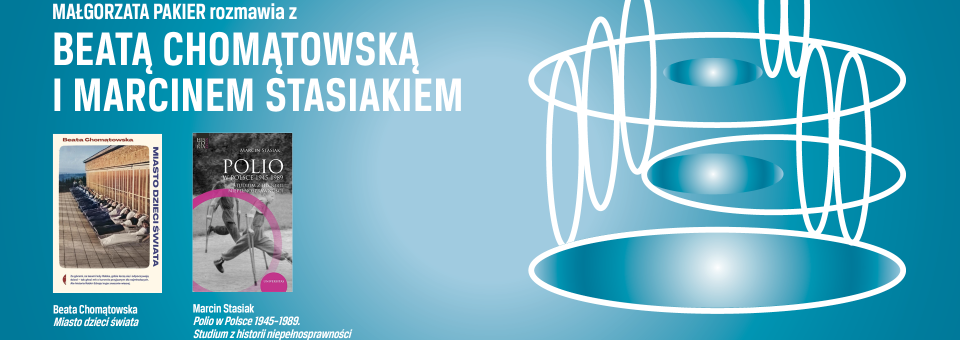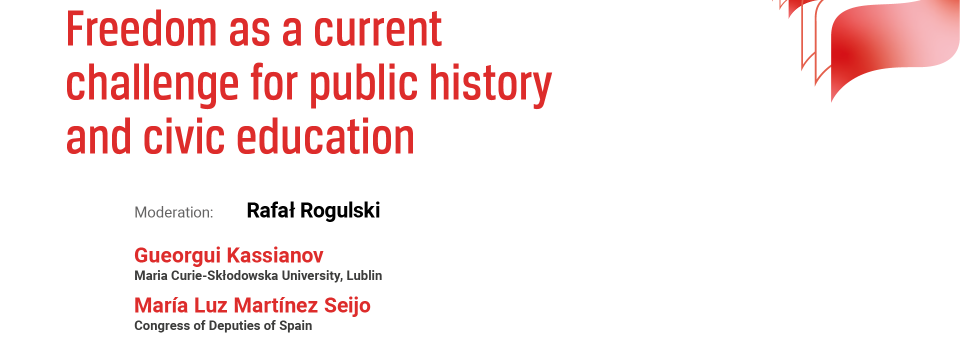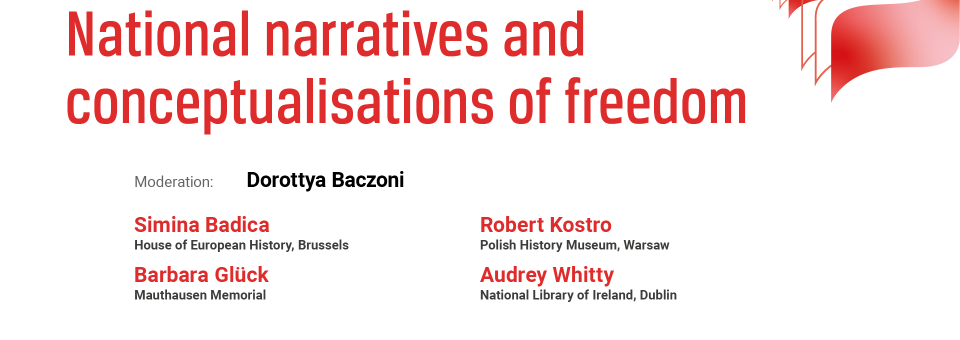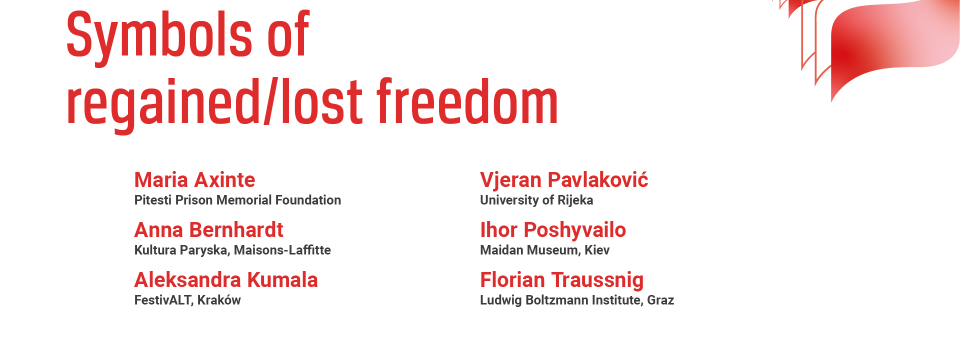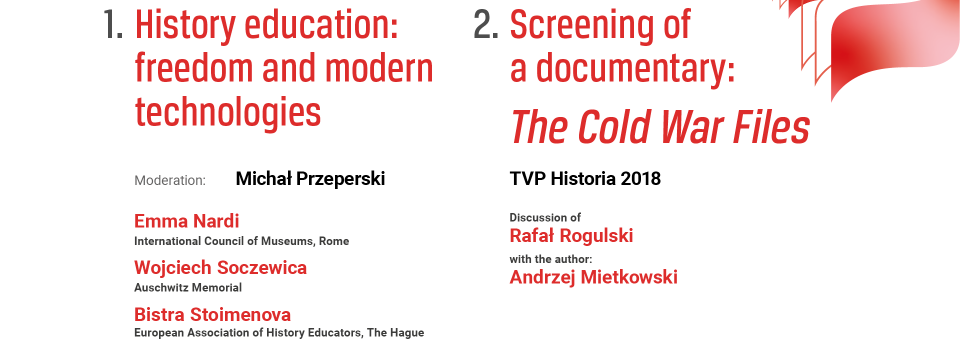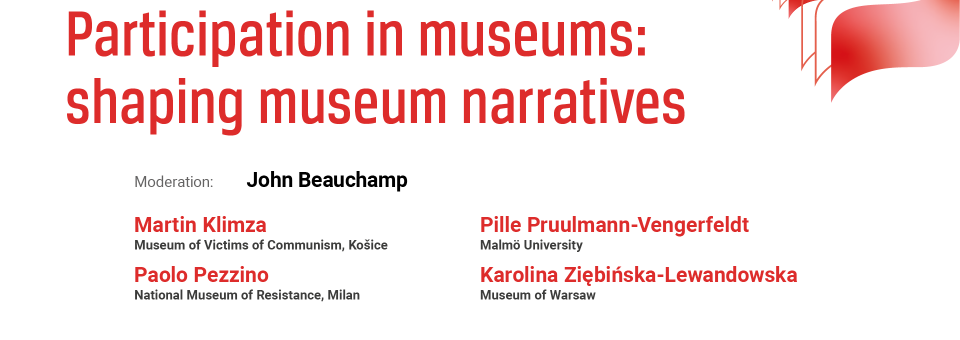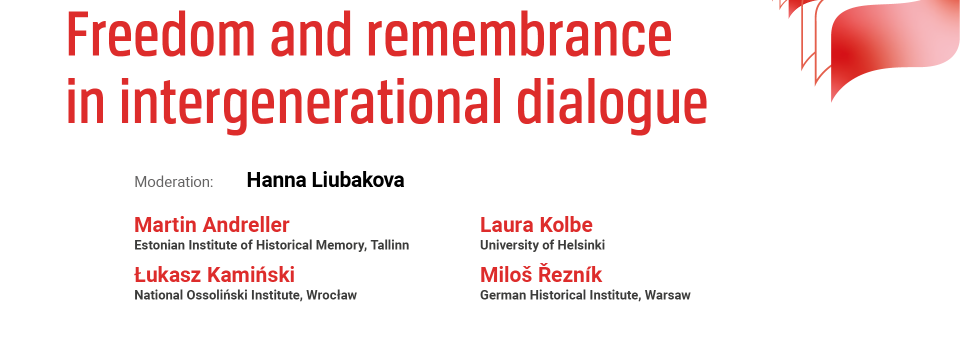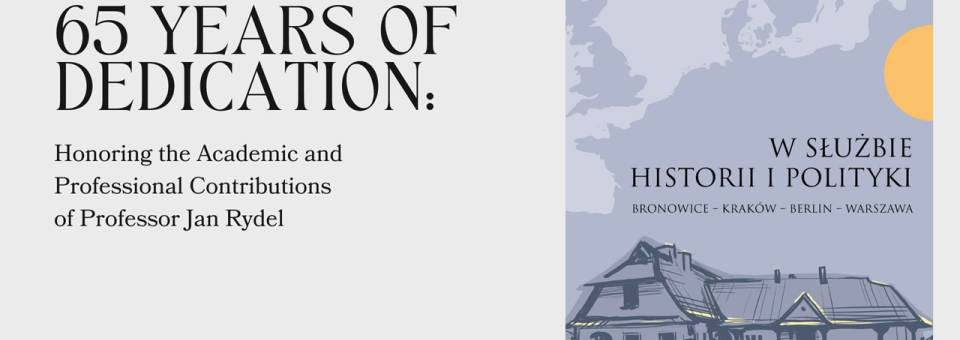Panellists:
- Łukasz Lubicz-Łapiński (The Polish Nobility Association): “Representation of the Nobility in Modern Day Poland”
- Rafał Smoczyński (Polish Academy of Sciences): “The Reorganization of Polish Nobility: Post-WWII Strategies for Collective Identity Building” (ZOOM)
- Sokol Lleshi (University of New York Tirana): “Restorative Memory, and Temporalities of past Social Formation in the Absence of Historical Justice: Representation of Landowning Elites in Post-Communist Albania”
- Gergely Fejérdy (Péter Pazmany Catholic University/Otto von Habsburg Foundation): “Otto von Habsburg and Hungarian Noble Networks” (ZOOM)
Discussant: Éva Sztáray Kézdy (Károli Gáspár University of the Reformed Church in Hungary) (ZOOM)
Moderation: Małgorzata Pakier (ENRS)
The 14th conference of the series 'Genealogies of Memory' with the theme Gentry, Nobility and Aristocracy: the Post-Feudal Perspectives.'
The conference examined the memory and legacy of Europe’s landowning elites—gentry, nobility, and aristocracy—and their role in shaping the political, economic, and cultural history of Europe. Through comparative discussions, leading academics will delve into how the post-feudal dissolution of these elites continues to influence social structures, material heritage, and memory in various European regions.
